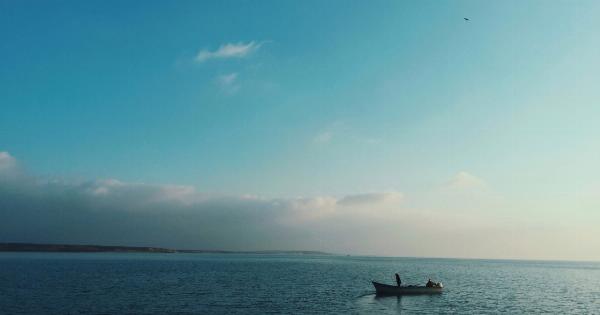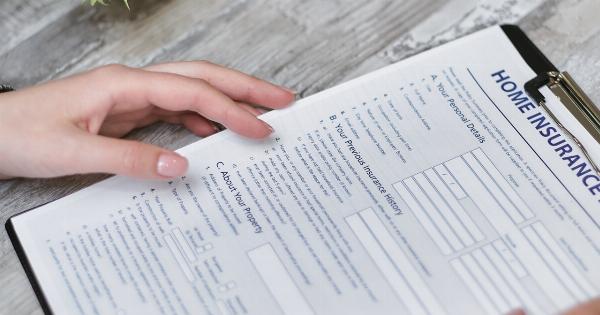When you own a boat, it’s important to have the right insurance coverage to protect your investment.
Whether you’re a seasoned captain or just starting out, having comprehensive boat insurance options gives you peace of mind while out on the water. In this article, we will explore the various types of boat insurance and what they cover, helping you make an informed decision for your vessel.
1. Liability Insurance
Liability insurance is the most basic and essential coverage for any boat owner. It protects you in case of accidents that result in damage to other boats, docks, or injury to other individuals.
This coverage typically pays for legal fees, medical expenses, and property damage expenses. Liability insurance ensures that you are financially protected if a lawsuit arises due to an accident involving your boat.
2. Collision Insurance
Collision insurance covers the repair or replacement of your boat in the event of a collision with another vessel, a submerged object, or a dock. It also covers damage caused by storms, fires, theft, or vandalism.
If your boat is damaged beyond repair, collision insurance will provide funds to purchase a new boat or compensate you for the market value of the vessel.
3. Comprehensive Insurance
Comprehensive insurance offers coverage for incidents outside of collisions. This includes damage caused by natural disasters, such as hurricanes or earthquakes, as well as theft, fire, or vandalism.
If your boat is damaged or destroyed due to an event covered by comprehensive insurance, the policy will cover repair or replacement costs.
4. Personal Property Coverage
Personal property coverage protects your personal belongings on the boat, including fishing equipment, electronics, and clothing.
If these items are lost, stolen, or damaged while on the boat, the policy will reimburse you for the cost of replacing or repairing them. This coverage is especially important for boat owners who carry expensive equipment or valuables aboard.
5. Uninsured/Underinsured Boaters Insurance
Uninsured/underinsured boaters insurance provides coverage if you are involved in an accident with another boater who either doesn’t have insurance or has insufficient coverage.
This insurance type ensures that you are protected and compensated if the at-fault party cannot cover the costs of the damages or injuries they caused.
6. Medical Payments Coverage
Medical payments coverage covers medical expenses for injuries sustained by you or your passengers while on your boat, regardless of who is at fault.
This coverage can help alleviate the financial burden of medical bills resulting from accidents that occur on the water.
7. Towing and Assistance Coverage
Towing and assistance coverage is vital for boat owners who may require emergency assistance while out on the water. This coverage pays for towing services, fuel delivery, and other emergency services.
If your boat becomes disabled or stranded, this policy will ensure that help is just a phone call away.
8. Agreed Value vs. Actual Cash Value
When choosing boat insurance, you’ll have the option to select between agreed value and actual cash value policies.
Agreed value policies cover your boat for the agreed-upon value between you and the insurance company, providing full compensation in case of a total loss. Actual cash value policies, on the other hand, take depreciation into account and compensate you based on the current market value of your boat, which may be lower than the purchase price.
9. Navigational Limits
Boat insurance policies often have navigational limits, which define where you are covered to operate your vessel. These limits are typically specified as coastal, inland, or unlimited.
Coastal coverage includes operations along the coastline and sometimes extends into nearby ocean waters. Inland coverage allows you to operate your boat in lakes, rivers, and other inland waterways. Unlimited coverage provides the broadest coverage, allowing you to navigate any waters worldwide.
10. Deductibles and Discounts
Just like with any other insurance policy, boat insurance usually includes deductibles that you must pay out of pocket in the event of a claim.
Higher deductibles generally result in lower premiums, so it’s essential to find the right balance for your financial situation. Additionally, many insurance companies offer discounts for various factors such as boating education courses completed, safety equipment installed on the boat, and multiple policy bundling.

























